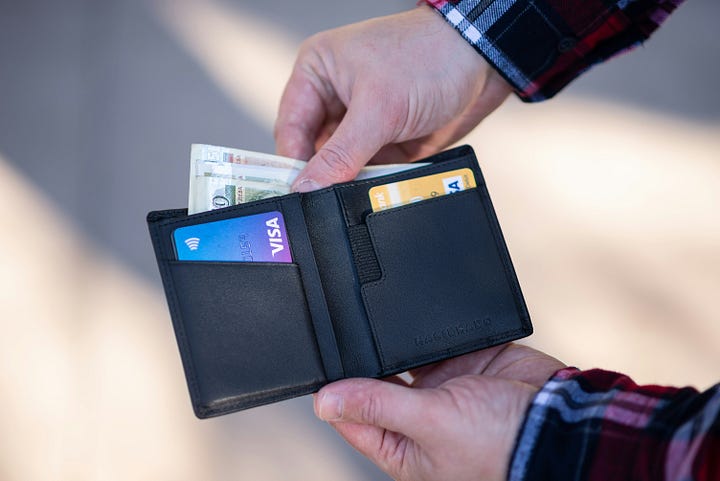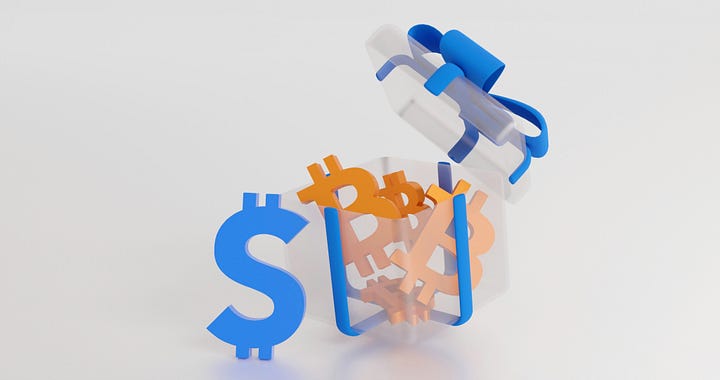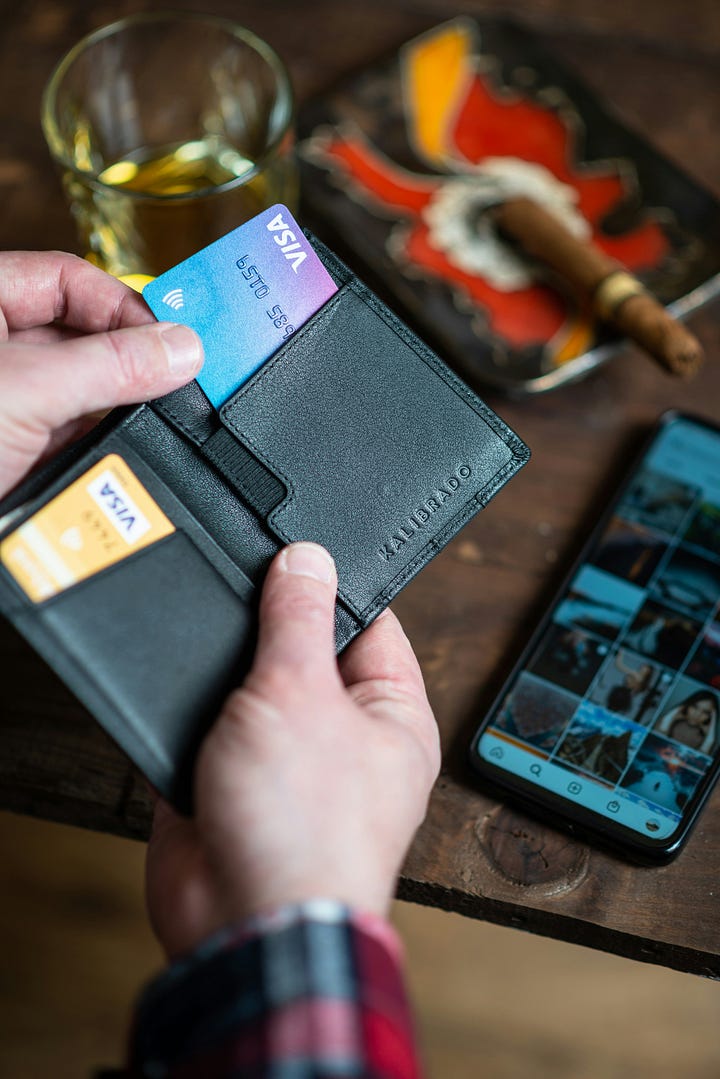Credit Card Cashback: Turning Everyday Expenses into Extra Income

Let me begin this article by explaining why, when I started my career as a business analyst in a company, I searched online for ways to earn money through passive income ideas due to a lack of salary. I came across a method using credit cards to earn money. However, at that time, I didn’t have the option to obtain a credit card with my minimal salary and limited credit history.
So, I researched how to get credit cards using bank Fixed Deposits (FDs) and decided to open an FD. However, to secure a good credit card limit, I needed more funds. Fortunately, I found someone who helped me obtain a credit card with my salary and a minimal deposit. The credit limit was initially only 15,000 Indian rupees, but for a beginner like me, it was sufficient.
I didn’t utilize the credit limit much initially, as I recalled the advice from Barron Waffet: “Do not waste your money on things that do not matter.” Consequently, my credit score remained stagnant due to the lack of activity on the card. Despite applying for numerous credit cards, my poor credit score rendered them unattainable.
Reflecting on the FD credit card, I applied to a leading bank for a new credit card. Eventually, I secured a new card and decided to use it primarily for purchasing items for others, adhering to the aforementioned quote. This strategy allowed me to build a positive credit history, and after five years of responsible usage, my credit limit increased from 15,000 to 60,000 rupees, nearly tripling its initial amount.
Now, let’s delve into how I earn money and save through credit card spending and bill payments:
- Build credit history first: This is crucial for obtaining better credit card options in the future.

“Building credit history first” means creating a track record that shows how responsible you are with borrowing money and paying it back.
Imagine you’re asking to borrow a toy from your friend, and they want to know if you’re trustworthy enough to give it to you. So, you start by borrowing small things, like a pencil, and always returning it on time. Your friend notices this and feels more confident lending you bigger things, like a book. Each time you borrow and return something on time, your friend’s trust in you grows.
In the same way, when you’re starting to use credit cards or loans from banks, they want to know if you’re reliable at paying back what you owe. So, you start by borrowing small amounts and making sure to pay them back on time. Over time, as you consistently do this, your “credit history” gets better. Lenders can then see that you’re dependable, making it easier for you to get approved for larger loans or better credit cards in the future.
So, building credit history is like proving to lenders that you’re trustworthy with borrowing money, just like proving to your friend that you’re trustworthy with borrowing their stuff.
2. Choose a credit card that maximizes rewards: Opt for cards that offer rewards and benefits aligned with your spending habits.

Imagine you’re going to a pizza place with your friends, and each friend has a different kind of coupon. One friend’s coupon gives you a free drink with your pizza, another friend’s coupon gives you a free dessert, and another friend’s coupon gives you a discount on the whole meal. You’d want to use the coupon that gives you the best deal, right?
Well, it’s kind of like that with credit cards. Some credit cards give you rewards when you use them to buy things. These rewards can be things like cashback, points, or miles. So, when you’re choosing a credit card, you want to pick one that gives you the best rewards for the things you usually buy.
For example, if you love traveling, you might want a credit card that gives you points you can use to get free flights or hotel stays. Or if you’re always buying groceries, you might want a card that gives you cashback every time you shop for food.
By picking the right credit card that gives you rewards for the stuff you already buy, you can get extra goodies, just like using the best coupon at the pizza place gets you the best extras with your meal.
3. Select utility bill payment credit cards: Some cards offer rewards or cashback specifically for utility bill payments.

Selecting utility bill payments credit cards means choosing a credit card that offers rewards or benefits specifically when you use it to pay for your utility bills, like electricity, water, internet, or phone bills.
Think of it like this: Imagine you have a special card that gives you a bonus every time you use it to pay your household bills. So, when you pay your electricity bill, for example, you might get cashback or points added to your account. It’s like getting a little reward for doing something you have to do anyway.
These kinds of credit cards can help you save money or earn rewards on essential expenses that you have to pay every month. So, when you’re picking a credit card, you might want to look for one that offers these kinds of benefits if you’re someone who regularly pays utility bills.
4. Explore different applications for paying credit card bills: Look for platforms or apps that offer cashback or rewards for paying credit card bills.

Imagine you have a special app on your phone that gives you rewards every time you use it to pay your credit card bill. So, when it’s time to pay your bill, instead of going directly through your bank’s website, you use this app. And guess what? Every time you do this, you earn some cashback or points that you can use later for discounts or even free stuff.
These apps make paying your bills a little more fun because you’re getting something back every time you make a payment. Plus, it’s like getting a bonus on top of managing your finances responsibly.
So, when you’re looking for a credit card or deciding how to pay your bills, keep an eye out for these kinds of apps that can help you earn a little extra while you manage your expenses.
5. Time your credit card payments: Pay your bills strategically to maximize rewards or take advantage of promotional offers.
Let’s say you have a credit card bill due at the end of the month. Instead of waiting until the last minute to pay it, you might want to pay it a few days earlier. Why? Because some credit cards offer special deals or rewards if you pay your bill by a certain date. For example, you might get extra points or cashback if you pay before the due date.
Also, by paying your bill early, you avoid the risk of forgetting to pay it on time. If you miss the due date, you could get hit with late fees or your credit score might go down.
So, timing your credit card payments means being smart about when you make your payments to take advantage of any rewards or benefits, and to avoid extra fees or penalties.
6. Set reminders for bill payments: Build credit history first. This is crucial for obtaining better credit card options in the future.

Imagine you have a busy schedule, and it’s easy to forget things like paying your credit card bill on time. That’s where reminders come in handy. You can set up your phone or computer to send you a notification a few days before your bill is due. This way, you won’t forget, and you’ll have enough time to make the payment before the due date.
These reminders can save you from late fees or penalties that might occur if you miss the payment deadline. Plus, they help you stay on top of your finances and maintain a good credit score by ensuring you pay your bills on time.
So, setting reminders for bill payments is like having a helpful assistant that nudges you when it’s time to take care of your financial responsibilities.
7. Maximize spending with a credit card: Utilize your credit card for everyday purchases to accumulate rewards or cashback.

Think of your credit card as a tool that can help you earn rewards or cashback every time you use it. Instead of using cash or a debit card for your regular expenses like groceries, gas, dining out, or shopping online, you use your credit card.
By doing this, you’re accumulating rewards or cashback with every purchase. For example, if your credit card offers 2% cashback on groceries and you spend $100 on groceries, you’ll get $2 back. It’s like getting a little bonus every time you buy something.
But remember, the key is to use your credit card responsibly and only spend what you can afford to pay back. You don’t want to end up with a big bill that you can’t pay off at the end of the month.
So, maximizing spending with a credit card is about using it for your everyday purchases to earn rewards or cashback, while also being mindful of your budget and spending habits.
8. Consider lifetime free credit cards: Look for credit cards with no annual fees to minimize expenses.

When you get a credit card, some of them charge you a fee every year just for having the card. It’s like a membership fee. But with lifetime free credit cards, you don’t have to pay this fee at all. So, you get all the benefits of having a credit card without any extra cost.
These benefits can include things like rewards, cashback, or travel perks. By choosing a lifetime free credit card, you’re saving money because you don’t have to worry about paying that annual fee. Plus, it’s one less expense to think about.
So, if you’re looking for a credit card and you don’t want to pay extra fees, considering a lifetime free credit card could be a smart choice. Just make sure to read the terms and conditions to understand all the benefits and features that come with the card.
Tags: Credit cards, Cashback, Passive income, Financial tips, Money management, Personal finance, Credit card rewards, Budgeting, Financial freedom, Saving money
Medium Link: https://medium.com/@pulkitkhandelwal5/credit-card-cashback-turning-everyday-expenses-into-extra-income-be2c7881323a
